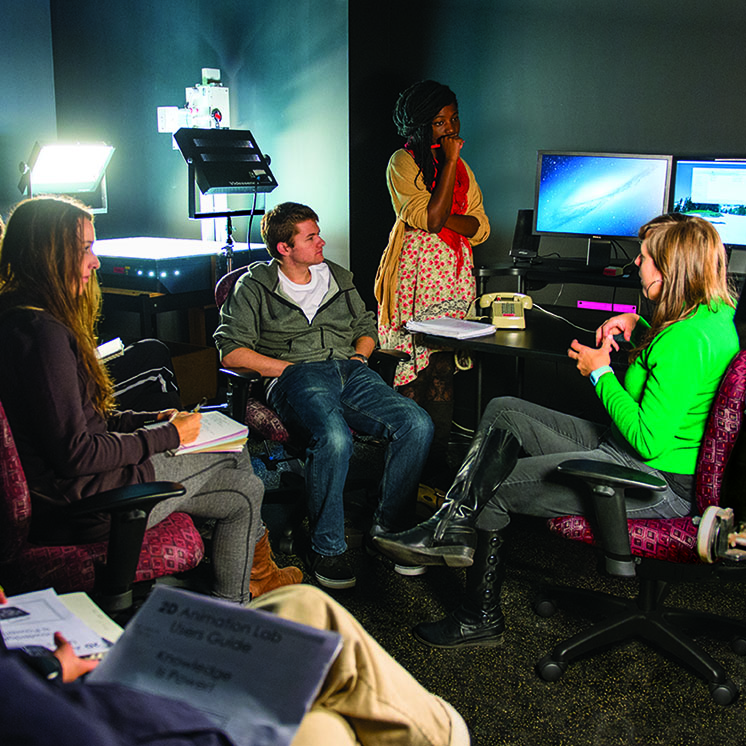Engaging with the Endangered Northwest
REVISED
Fall 2015 and Winter 2016 quarters
Taught by


The Pacific Northwest is home to pressing environmental issues, including coal and oil exports, loss of habitat, water quality, fisheries, and effects of global warming. The coal industry wants to use Northwest ports for shipping to Asia, which could result in 100 million tons of coal being shipped through the region by rail. A dozen oil pipelines are proposed, and trains carrying oil have derailed in other regions. Will these projects, as opponents contend, endanger both Northwest peoples and the environment? Or as proponents--including many labor unions--argue, would they bring critical jobs to economically dislocated and disadvantaged areas? What entities have the power to decide whether these projects will be built? What methods can be used to get clear information to those who are affected? What are the human health and environmental risks from coal dust, train wrecks, and potential oil spills? How do citizens become engaged? What is the role of indigenous communities? What are the roles of advocates, allies, and supporters--on both sides--and how do these positions grow out of environmental and other histories?
In engaging with these issues, we will ask, how do we speak meaningfully about our relationship to the natural world? We will learn how stories and ethnography empower individuals and communities to understand their connection to place. Through a practice of writing, and study of both eco-criticism and natural history literature, we will examine concepts and values around wilderness and the human connection to the natural world. We will consider the traditional division between labor and environmental interests, its roots, and whether these two groups may be able to foster collaborations that address both jobs and environmental protection. Our work will include analysis of disparate views and values, and common ground among environmental groups, tribes,
Program Details
Fields of Study
Location and Schedule
Campus location
Olympia
Schedule
Offered during: Evening and Weekend
Advertised schedule: Program dates for fall: Six Monday nights from 6 to 10 p.m.: Sept. 28; Oct. 5; Oct. 12; Nov. 16; Nov. 30; and Dec. 7. All Wednesday nights, 6 to 10 p.m. Fall field study: Sat. Oct. 24, 9am-5pm and Fri Nov 6 9am-5pm Oct 24th: 9:00-10:45 (Recital Hall Location TBD) Opportunities and Challenges in Environmental Communication,” Return to Evergreen; 11:00-5:00 Potluck lunch and Retreat, at Organic Farm. Fri. Nov. 6: 9:00-5:00, Indigenous Climate Justice Symposium, at Evergreen, Location TBD Program dates for winter: Six Monday nights from 6 to 10 p.m.: Jan. 4; Jan. 11; Jan. 25; Feb. 22; Feb. 29m and March 7. All Wednesday nights, 6 to 10 p.m. One field trip/retreat weekend: Sat. Jan. 30 and Sun. Jan. 31. First Winter Meeting January 4, 6:00p, Seminar 2 D1105.
Books
Online Learning
Required Fees
Revisions
| Date | Revision |
|---|---|
| November 13th, 2015 | Winter Required Fees Updated (lowered to $40 from $85) |
| May 12th, 2015 | Fall and Winter Required Fees Updated |
 my.evergreen.edu
my.evergreen.edu

 Fall
Fall  Winter
Winter